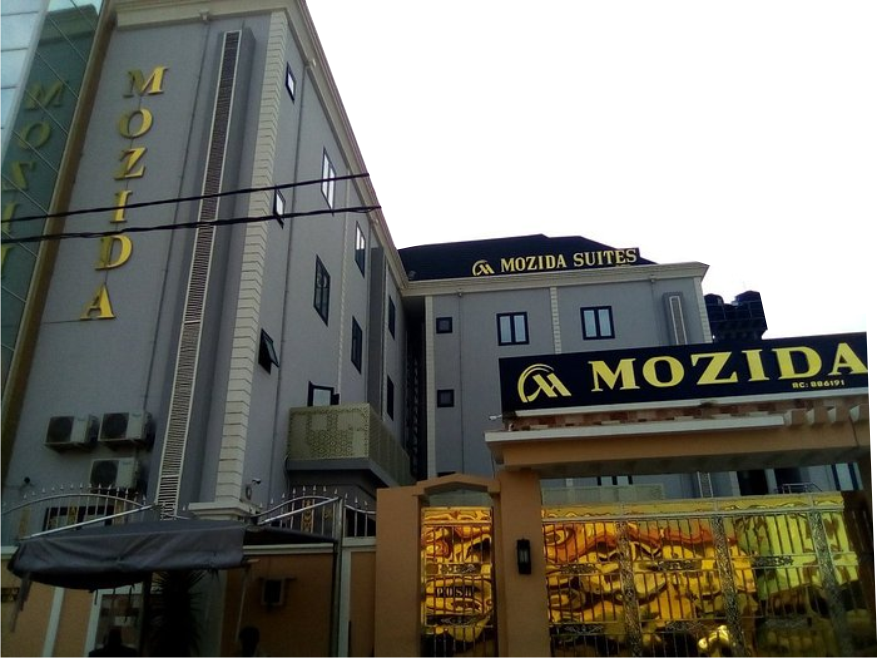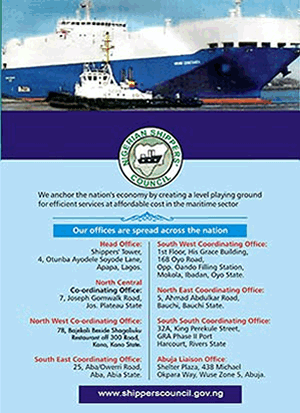
BY GODWIN OBI
As Rivers State braces for the return of Governor Siminalayi Fubara on September 18, after six months under emergency rule, the sole administrator, Vice Admiral Ibok-Ete Ibas (rtd.), has mounted a spirited defence of his tenure, insisting he fulfilled President Bola Tinubu’s mandate and stabilised the volatile state.
But while Ibas celebrated his stewardship, opposition parties came out swinging — branding his rule as unconstitutional, illegitimate, and wasteful. They demanded a full-scale probe into his management of state resources during the six-month period.
The Peoples Democratic Party (PDP) dismissed the emergency administration as “a violation of democratic norms” and vowed to ensure every kobo spent under Ibas is accounted for.
The New Nigeria Peoples Party (NNPP) echoed the same sentiment, describing the six-month rule as “an exercise in futility,” while the Labour Party (LP) alleged that the intervention was designed to protect the interests of President Tinubu and FCT Minister Nyesom Wike, not Rivers people.
In sharp contrast, the All Progressives Congress (APC) lauded Ibas, praising him for maintaining peace, upholding citizens’ rights, and ensuring that local government elections were successfully conducted during his stay in Brick House.
For nearly two years, Rivers politics had been rocked by a bitter power tussle between Wike and his successor, Fubara — a feud that paralysed governance.
On March 18, President Tinubu declared a state of emergency, suspending Fubara and the State House of Assembly, and appointing Ibas as sole administrator. Despite public outrage, the National Assembly endorsed the move two days later.
Eleven PDP governors challenged the decision at the Supreme Court (case no. SC/CV/329/2025), but the matter has remained in limbo.
Since the reconciliation between Wike and Fubara, political tensions have eased. On August 30, Rivers held local government elections, with the APC winning 20 seats and the PDP securing three.
At a thanksgiving service in Port Harcourt on Sunday, Ibas urged stakeholders to put aside political rivalries and embrace reconciliation.
“Six months ago, Rivers stood at a crossroads, torn by division and instability,” he said. “Today, by God’s grace, we have peace, we conducted local elections successfully, and we laid the foundation for reconciliation.”
Quoting scriptures, Ibas described his administration as a period of divine intervention, urging Rivers leaders to “sheathe their swords” and prioritise the state’s prosperity above personal interests.
Interestingly, neither Wike nor Fubara attended the thanksgiving, and many traditional rulers also shunned the event. Still, permanent secretaries, local government chairmen, heads of agencies, and security chiefs were in attendance.
In his sermon, Pastor Organ Barasin noted that the emergency rule prevented Rivers from descending into chaos.
“Before the intervention, the political tension could have sparked bloodshed,” he said. “But God preserved Rivers. Now, the peace we have must be sustained. We must let go of the past to move into the future.”
Reacting, PDP Deputy National Youth Leader Timothy Osadolor described Ibas’s tenure as “built on illegality” and demanded a forensic probe into his spending.
“He had no business being there,” Osadolor said. “The people of Rivers did not elect him. Every kobo spent must be accounted for.”
The NNPP also faulted Ibas’s legitimacy, while the APC doubled down on its praise, hailing him as a stabilising force during a turbulent period.
With just days to Governor Fubara’s reinstatement, Rivers stands at yet another political crossroads — one between reconciliation and renewed acrimony
ADVERTISEMENTS:
















2025-09-14

